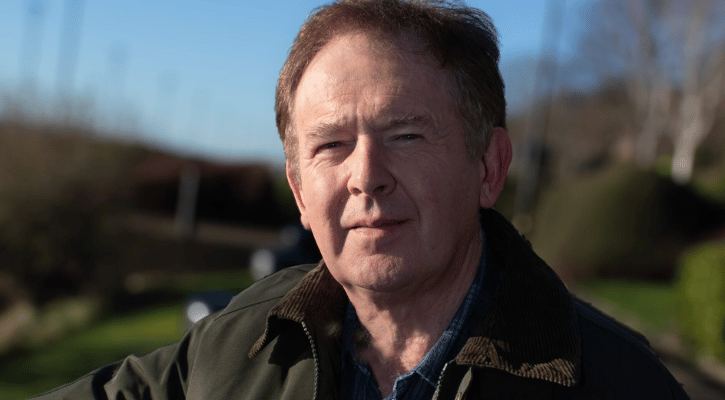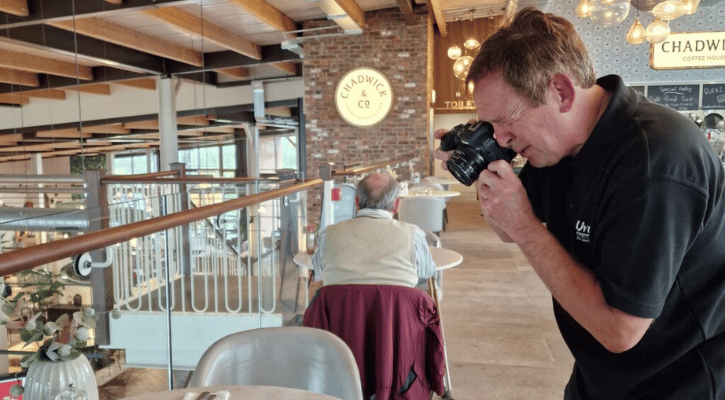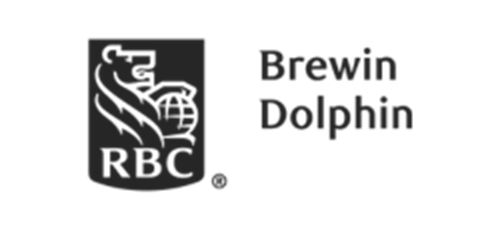How did you end up building a career in videography?
While studying for a degree in graphic design, I had the opportunity to work on photography and animation. This ignited my desire to pursue film and video production, so after graduating, I took up a role in storyboard production for a TV commercial production company. Working there, I learned many of the skills in filming and editing, along with gaining knowledge and experience in the many aspects of film and video production. Then whenever an opportunity came up to work on new projects I took them. From commercial and corporate production through to TV news and sport, I continuingly learned and developed my skills in filming, editing and overall production.

Who or what inspires you?
I’m inspired by people who aren’t afraid to take risks – to push boundaries and find new ways to achieve their vision.
What advice would you give to anyone interested in getting into videography?
Videography can be a very rewarding profession. From creating engaging content on social media to corporate videos and commercials, etc. it’s a fantastic way to express your creativity and communicate effectively. Today the opportunities for videographers are tremendous. Many companies and agencies look for videographers to help grow their businesses and communicate with their audiences. Experience is invaluable, but if you can develop the necessary skills and demonstrate brilliant creativity, organisational ability and a strong work ethic, then you have a great chance to work in this industry. Technically, you will benefit from having hands-on experience with video and audio equipment and software. Phones are great, but ideally you should consider other kit such as mirrorless cameras, etc. Other higher end cameras are available, but generally at a high price point. Edit software is usually through subscription, but other free, or one of purchase options are also available. You will also need a computer that can handle the software capabilities.
What is your favourite part of your job?
Meeting people, working with actors, travelling and learning new things. There are so many parts of my job that I enjoy, but the key thing for me is to help develop a concept and see it through to completion, telling a story in the final video. This is crucial to the success of a project.

What has been your most memorable business moment thus far?
There have been so many memorable business moments, but, probably, the time when I worked on a video project that took me around Europe, USA and China. I had researched and written scripts, casted actors and then had the opportunity to direct crews in California, Florida, Shanghai and Hong Kong. Working with the clients, crews and actors was an unforgettable experience. Everything clicked into place and even though I needed to direct through translators in China, the results were very satisfying. With each of the jobs taking up to 4 weeks of filming in lots of locations, they were hard work but incredibly enjoyable.
What are your favourite magazines?
Pro Moviemaker and Televisual are both fantastic magazines. Pro Moviemaker gives great in depth reviews on camera kit and interviews with filmmakers across the industry. This, along with some tips on techniques, etc makes this a great read for anyone interested in videography. Televisual gives unmatched insight into the video and broadcast industry and is well worth a read. Apart from those magazines, as I’m also an artist, so I often read The Artist magazine, which is a good source of inspiration for anyone wanting to develop this side of their creativity.
What’s the future hold for Rob Permain?
Working now as a freelance videographer, I hope to reach out to more prospective clients and work on projects that excite me, while also working closely with existing clients to see where I can help in developing their businesses through video. Along with this, I am also writing scripts that I hope to develop and find funding for production.







